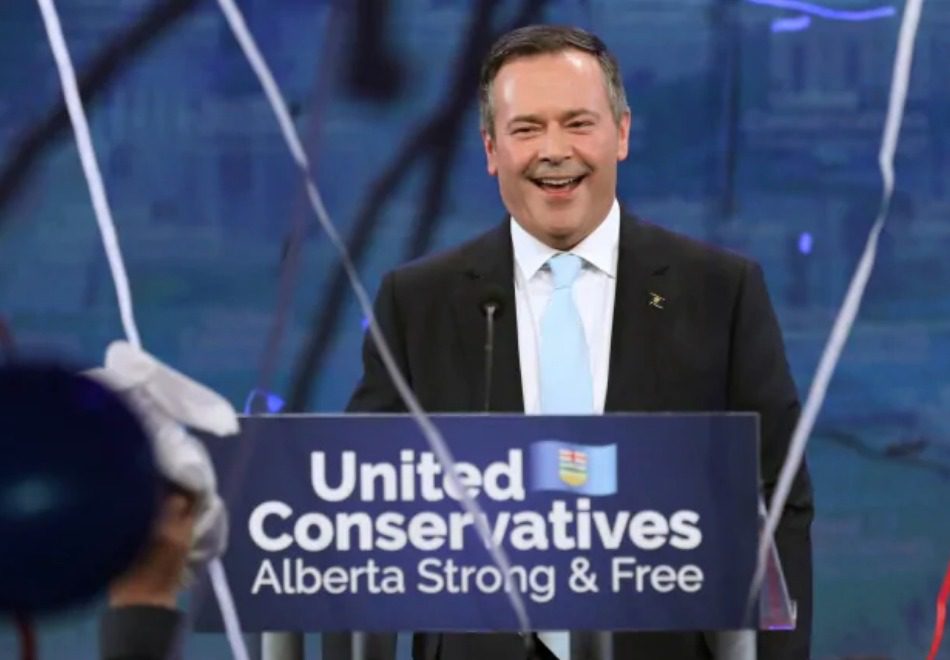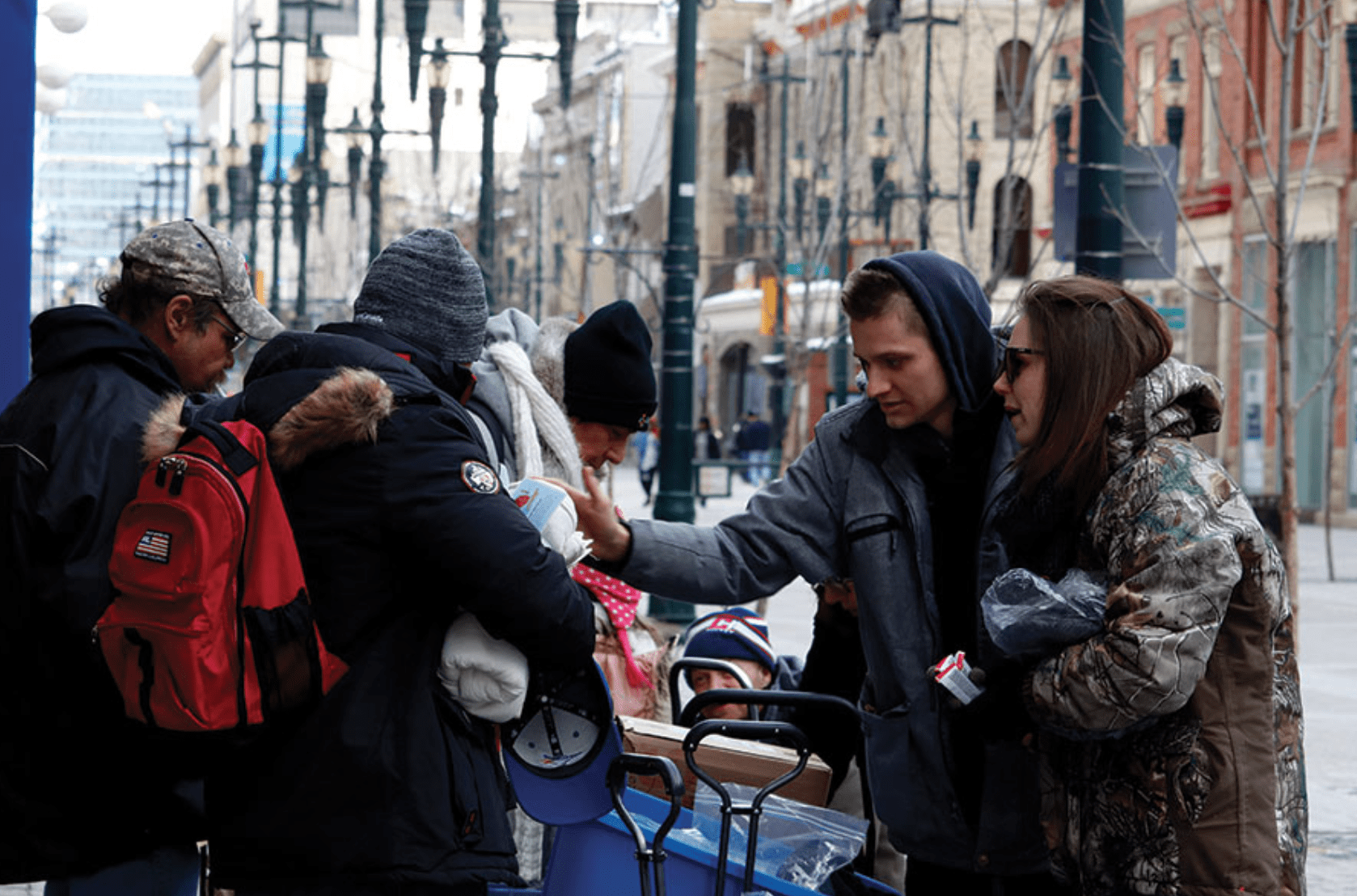Conservative Leader Erin O'Toole's propensity to say outrageous things got him into hot water once again, this time over his assertion that the original purpose of residential schools was for "education," and not, you know, the stated purpose of cultural genocide in separating Indigenous children from their parents, language, and culture. The remarks were made in a video to the campus Conservatives at Ryerson University, which is facing a debate over whether or not to rename the institution because its benefactor, Egerton Ryerson, was one of the architects of residential schools, and O'Toole has taken it upon himself to fight this kind of "cancel culture" (which isn't actually cancel culture).
"I was a little too flippant and partisan on an issue that is very, very important and a sad chapter in our history," O'Toole said a couple of days later. "On a sensitive topic like that, you have to show thoughtfulness."
But O'Toole has not actually apologized for those remarks. He justified them as part of his attempt to fight "cancel culture," and in the video to the campus group, told them that "lefty radicals are also the dumbest people at your university," and urged them to say that Conservatives have a better record when it comes to residential schools "in the modern era" than the Liberals, citing that this factoid "silences the Liberals like you wouldn't believe."
Of course, there was very little of factual truth in O'Toole's assertions, as he tried to implicate Pierre Elliot Trudeau in his tit-for-tat game of "my party has a better record than yours," as though there is anything to actually be proud of from either party when it comes to this particular legacy. In fact, it's a horrifying bit of rationalization and justification when you think for just a second about what it is you're trying to score points over.
O'Toole insisted afterward that he is serious about reconciliation with Indigenous people, but based on statements his party has made in the House of Commons recently, the only time they seem really exercised about reconciliation is if there is a First Nation that they can put in the window as a beneficiary of a resource extraction project or pipeline that others are protesting. They are very selective in who they quote about who was benefitting with the cancelled Northern Gateway pipeline versus those who were opposed, and they are quick to prop up the supporters of the pipeline going through Wet'suwet'en territory in BC, while ignoring the broader points about rights and title, which are at the heart of the dispute. It's also quite rich for the Conservatives to be so concerned about the delays in the action plan to implement the recommendations coming out of the Missing and Murdered Indigenous Women report, when they absolutely refused to touch the issue over the nine years they were in power.
Part of why O'Toole thinks he can get away with saying things like he did to those Ryerson students is because he has built a strategy around trying to "own the Libs," and that demands saying increasingly outrageous things, which as we can see are proving to be racist, colonial, or in some cases, anti-Semitic, as they wink and nod to conspiracy theories, whether it's around the "Great Reset," or George Soros. They don't even realize what it is they're really saying when they do either when MP John Brassard was called out for bringing up Soros in a heckle against Chrystia Freeland, he got outraged when it was noted that this is anti-Semitic, and he insisted it was no such thing.
But it's not only with this we've seen both Pierre Poilievre and Andrew Scheer lately on an all-out assault on the independence of the Bank of Canada, as they try to insist that they have cozied up to the government and are financing the deficit like it's some kind of credit card using printed money. All of it is completely incoherent as they either have no clue how monetary policy works, or more probably, they have a clue and are simply lying about it as they shitpost and spread memes across social media. They have a self-reinforcing notion that this is the kind of engagement that will win them the election, as though the entire electorate will develop the same kind of irrational hatred for Justin Trudeau that they possess.
But there has been no acknowledgment that this is ultimately an unsustainable strategy. Trying to use irrational anger to fuel populist sentiment may seem like a quick way to get votes, but it's incredibly difficult to maintain (as Jason Kenney is finding out in Alberta), and it has the very real possibility of going completely off the rails. This very strategy out of the United States, where admittedly there is a more polarized population to begin with, has transformed into subcultures that are hoarding guns in the hopes that a race war and second civil war will ignite. Echoes of these sentiments already exist in pockets within Canada, fed by American media and given encouraging winks and nods by conservative luminaries in this country, but rather than look at how this is shaping up, O'Toole and other conservative leaders in this country signed on to that American culture war and think it will win them power once more.
Even if they do form government again federally within the next couple of election cycles, the fact that they have become so dependent on mischaracterizations, bent truth and outright lies can't be doing themselves any favours if they want the voting public to be able to trust them, rather than to simply be mad at the Liberals. We're living through that in Ontario right now a vacant campaign devoid of policy and fuelled instead by this irrational homophobic and misogynistic anger toward Kathleen Wynne, egged on by the very same professional shitposters that O'Toole went on to hire, brought in Doug Ford, who has proven to be completely incompetent to the point where thousands of people have now died unnecessarily in this pandemic. This is what O'Toole is looking to replicate federally, and we can't be confident that he will be any more competent than Ford has been based on this behaviour.
Photo Credit: Toronto Star












